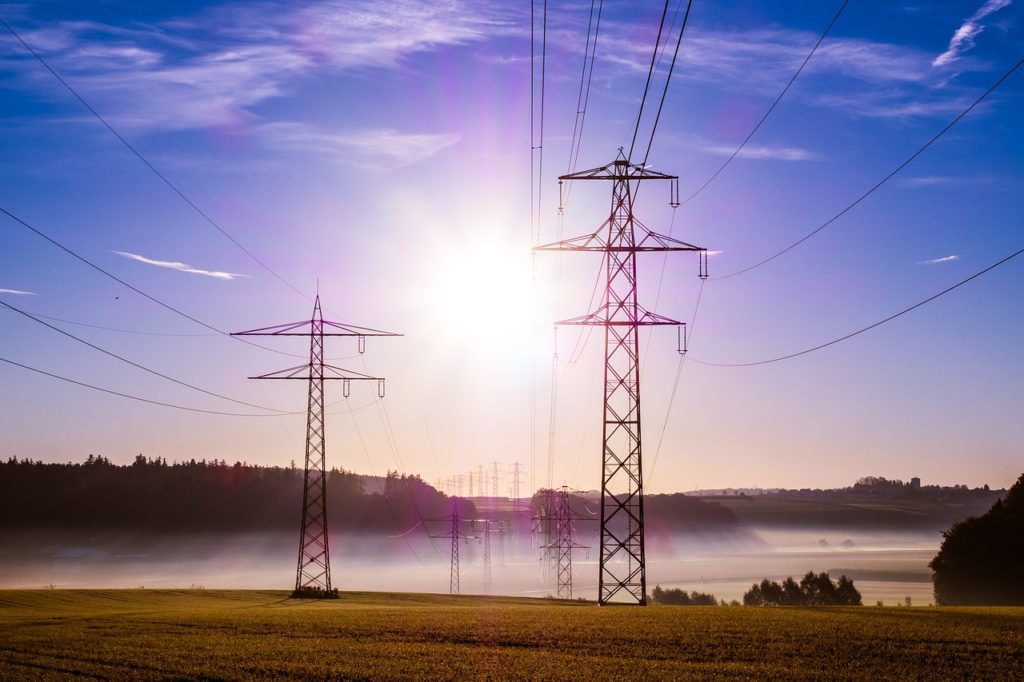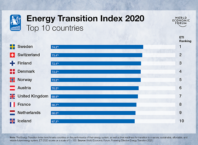Table of Contents
To achieve sustainable growth of the economy the supply of quality power at affordable prices is essential and in order to achieve that targeted growth, The Union Power Committee brings a new draft of the Electricity Amendment Bill.
The new draft seeks to set up an Electricity Contract Enforcement Authority (ECEA) having powers of a civil court to settle disputes related to power purchase agreements between Discoms(distribution companies that supply power to consumers) and Gencos(power generation companies).
The judgments of ECEA can be challenged at Appellate Tribunal For Electricity (APTEL) and, subsequently, at the Supreme Court.

Major Amendment Proposed In The Electricity Act Are As Follows:
Viability of Electricity Distribution Companies(Discoms)
- Cost Reflective Tariff- It provides for the commissioners to determine tariffs that are reflective of cost so as to enable power distribution companies to recover their costs in order to eliminate the tendency of some commissioners to provide for regulatory assets.
- Direct Benefit Transfer- It is proposed that tariffs shall be determined by commissioners without taking into consideration the subsidy, which shall be given directly by the government to the customer.
Sanctity of Contracts
- Establishment of Electricity Contract Enforcement Authority(ECEA)- The Electricity bill proposes for the establishment of a central enforcement authority headed by a retired judge of High Court with powers equal to that of a civil court to deal with all agreements between power generation and distribution companies.
- Establishing Adequate Payment Security Mechanism for Scheduling of Electricity- The Electricity Bill proposes for the establishment of an adequate payment security mechanism and empowers the load dispatch centers to oversee it before scheduling dispatch of electricity, as per contract.
Strengthening The Regulatory Regime
- Strengthening the Appellate Tribunal For Electricity(APTEL)- The Electricity Bill proposes to increase the strength of APTEL and setting up of multiple benches to facilitate the quick disposal of cases.
- Doing Away With Multiple Selection Committee- The Electricity Bill proposes for doing away with the number of selection committees at various levels and establishing a single selection committee for selection and having uniform qualification for appointment of commissioners and members of central and state electricity regulatory commissions.
- Penalties- For ensuring compliance of the provisions of the Electricity Act and orders of commissioners proposal of higher penalties is given by amending the section 142 and section 146 of the electricity act.
Renewable and Hydro Energy
- National Renewable Energy Policy- The Electricity Bill provides for the generation of a policy document for the development and promotion of generation of electricity from renewable resources and it authorizes the commissioners to specify the minimum percentage of purchase of electricity from hydro sources of energy.
- Penalties- It further provides guidelines for reviving penalties for non-fulfillment of obligation to buy electricity from renewable resources and hydro sources of energy.
Other Proposed Amendments
- Cross Border Trade in Electricity- Various provisions have been added to the electricity bill to facilitate and develop trade in electricity with other countries.
- Franchisees and Distribution Sub Licensees
-The Electricity Bill proposes that distribution companies if they so desire may engage Franchisees or Sub-Distribution Licensees to distribute electricity on its behalf in a particular area within its area of supply.
– However, it will be the DISCOM(power distribution companies) which shall be the licensee, and therefore, ultimately responsible for ensuring quality distribution of electricity in its area of supply.
The Ministry has given stakeholders a time period of 3 weeks from April 17 to give their feedback and suggestions.



